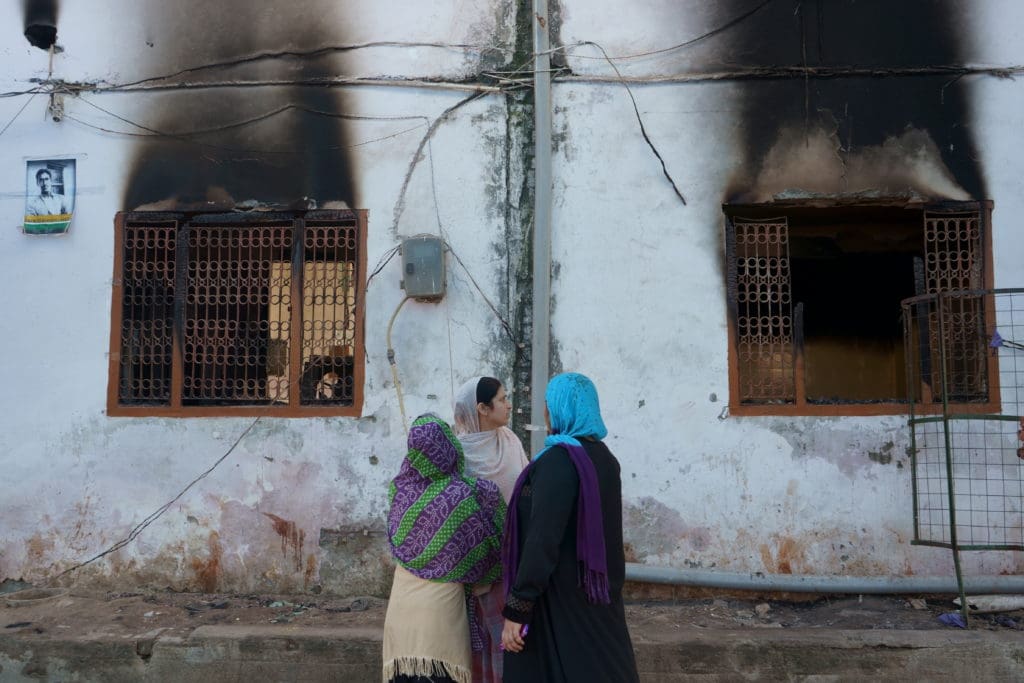For five days in mid-June of 2023, Ajim Sheikh sat on a fast in front of the Divisional Commissioner’s office in Aurangabad.
Despite the scorching heat, the 26-year-old man consumed nothing except water to remain hydrated. At the end of the fast, he was weak, drained and dizzy, struggling to even walk a straight line.
His demand? He just wanted to file a police complaint. But the local police station near his village in the neighbouring district of Jalna – about 80 kilometres from Aurangabad – wouldn’t write it up.
On May 19, 2023, members of the local Sonawane family – belonging to the Maratha community – barged into Ajim’s home at 11 at night and beat up his family with sticks and stones. His brother and parents sustained injuries. “My old mother had to be admitted to the hospital. It was a brutal assault,” he told PARI. “They even stole the jewellery and cash worth over Rs. 1.5 lakh from the house.”
When this reporter contacted Nitin Sonawane, who Ajim alleges was part of the mob, he refused to comment on the issue saying, “I don’t know anything about the incident.”
Ajim’s house is located on his eight-acre farmland, about two kilometres from the settlement in their village of Palaskheda Murtad, in Bhokardan taluka in central Maharashtra.
“It is secluded and quiet at night,” he says. “We couldn’t even call for help.”
The assault, Ajim suspects, stemmed from a business rivalry. The two families are the only ones in their village that operate a JCB machine. “There is a [Jui] dam nearby,” says Ajim. “Farmers in the village need the silt from the catchment area to spread on their land for better harvest. Our business is to excavate the silt for farmers.”
Both families charge Rs. 80 an hour to farmers. “But when I lowered my rate to 70 rupees, I started getting more business,” says Ajim. “I was threatened after that, and when I didn’t bring my rate back up, they attacked my house. They even vandalised the JCB machine parked out in front.”
The next morning, Ajim went to the police station of Bhokardan, the taluka in which his village falls. However, the police refused to file a First Information Report (FIR). Instead, “the police threatened me,” he recalls. “They said I would get in trouble for complaining against that family. They are politically connected.”
According to Ajim, when he insisted his complaint be officially recorded, the police warned him saying the other family would file several counter complaints against him and have him evicted from the village.
“ Hi kasli law and order [How is this law and order]?” he asks. “It was a planned attack, where 25-30 people landed up in my house and wreaked havoc. It was traumatising and scary.”
For Ajim, it was a matter of principle. A matter of his self-respect. The idea that the Maratha family would get away with it didn’t sit well and so, “I didn’t back down. I pursued my complaint with the police station until they agreed to file a FIR.”
When the police finally relented, they told Ajim the FIR would not carry all the details; it would be diluted. “The police refused to include the bit where they stole cash and jewellery from us,” he says. “That was unacceptable to me.”
This story was originally published in ruralindiaonline.org. Read the full story here .





